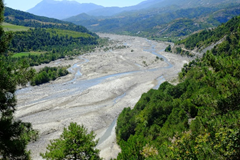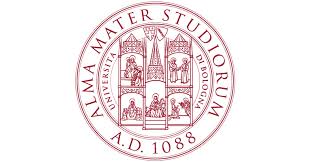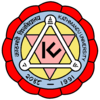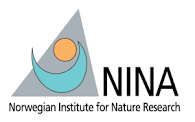Project ID
The global development of hydropower is an important step towards a low-carbon society. Despite its global potential, it is challenged by both social and ecological considerations. Consequently, developers and investors are forced to promote sustainable approaches for future hydropower development [1]. The proposed project specifically addresses these issues aiming to accumulate new knowledge required to guarantee sustainable and efficient global hydropower development. In regions with large hydropower potential such as South-East Europe, Asia, Africa and South America sediments and sedimentation processes are core challenges that need to be addressed and amended to ensure sustainable hydropower development. Sedimentation processes have proven to be technically, economically and socio-ecologically challenging (e.g. impacts on downstream ecosystems). Additionally, climate change is projected to cause increased sediment catchment yield, affecting the operation and maintenance of the hydropower plants and hence energy production. In order to address these challenges it is essential to develop cost-effective methods for sediment handling. Implementation of such findings will reduce downstream social and ecological impacts in a sustainable way. For hydropower operators, the design of hydraulic structures, flushing techniques and reliable sediment measurements are key knowledge domains for future development. As such, the proposed project will focus on four distinct areas of knowledge needs. 1) Development of reliable and cost effective techniques to measure sediment concentrations and size distribution as well as bed load in rivers and at hydraulic structures. 2) Improvement of physical scale modelling. 3) Quantification of sediment erosion on turbine components and the development of effective methods to minimize damage. 4) Indentification of environmental impact on downstream river environment due to flushing of sediments. The generated knowledge in these four areas will be linked and the results used in future hydropower projects.
For hydropower operators, the design of hydraulic structures, flushing techniques and reliable sediment measurements are key knowledge domains for future development. As such, the proposed project will focus on four distinct areas of knowledge needs. 1) Development of reliable and cost effective techniques to measure sediment concentrations and size distribution as well as bed load in rivers and at hydraulic structures. 2) Improvement of physical scale modelling. 3) Quantification of sediment erosion on turbine components and the development of effective methods to minimize damage. 4) Indentification of environmental impact on downstream river environment due to flushing of sediments. The generated knowledge in these four areas will be linked and the results used in future hydropower projects.
Contact
 Nils Rüther
Project Manager
Nils Rüther
Project ManagerNTNU, Norway





